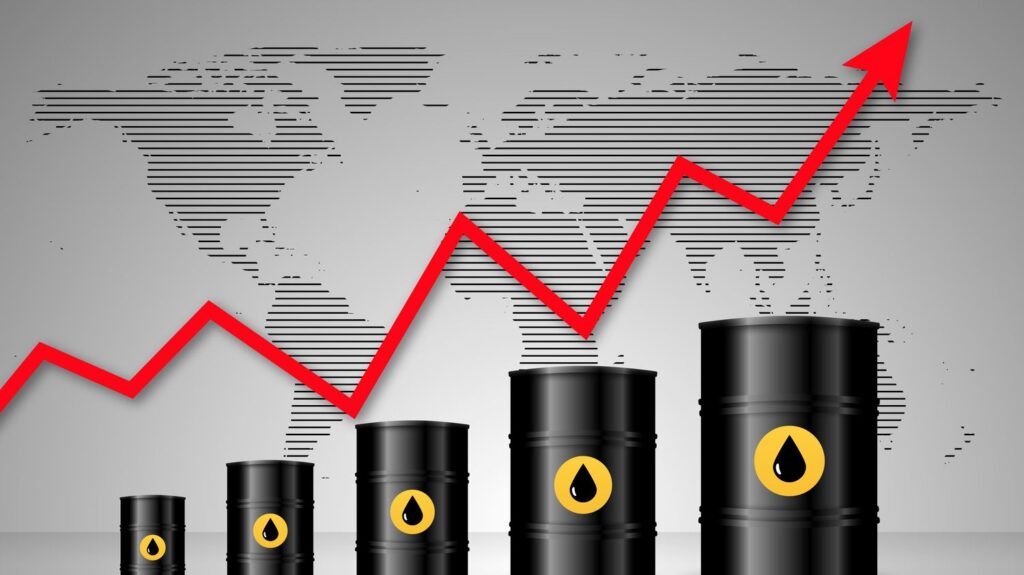François Gemenne, professor at HEC and member of the IPCC, calls on savers to be interested in the nature of the funds that their money finances, in particular by the myfairmoney.fr site. Fossil energies are again on the rise.
/2023/07/07/64a7df4c5fe71_placeholder-36b69ec8.png)
Published
Reading time: 5min
/2025/06/19/gettyimages-1415628642-68542de3dcf00993743576.jpg)
The investments of large banks in fossil fuels increased by 20% in 2024, when they were down in 2022 and 2023, deplores François Gemenne on Franceinfo on Saturday June 21. This is the main conclusion of the report Bank on climate chaos,, published This week by a consortium of NGOs.
Why this reversal, and what to do on our scale, faced with the enormity of these capital? François Gemenne refuses to give up and calls on all savers to act, each on his own scale, because, recalls the professor, this money does not come out of nowhere, and we can drop his savings to funds which promote the energy transition.
François Gemenne :: The 65 largest banks worldwide have funded fossil fuels up to $ 869 billion (756 billion euros). In this sum, $ 429 billion (373 billion euros) were devoted to projects to expand fossil fuels, an increase of approximately 20% compared to 2023. The increase of 2024 concerns almost all banks, with very rare exceptions.
Is this also the case for French banks?
Overall, yes.
“Only Crédit Agricole, La Banque Postale and Crédit Mutuel decreased their investments in fossil fuels over the period, investments that are almost zero for the last two.”
François Gemennein franceinfo
But clearly, the banks that invest the most in fossil fuels are American banks, which occupy the first three places in this sad podium. French banks are around thirtieth place. Among these 65 larger banks, half is North American, a quarter is Asian and a quarter of all European.
How do you explain this turnaround?
There are mainly two elements. The first is an economic nature: the drop in interest rates in 2024, which makes investments less expensive. This is why a measure that would allow interest rates to be modulated according to the nature of the project, as Emmanuel Macron had proposed a few years ago, would be particularly useful. With a modular rate according to the nature of the project, we would lower the cost of investments in the transition, while we would add that of fossil investments. But on that, nothing has moved.
“A lot of governments have sent signals against the transition, and these signals were obviously received 5/5 by investors.”
François Gemennein franceinfo
The second element is of a political nature. It is Donald Trump who relaunches the boreholes, the European Commission which hesitates on the green pact … and especially the text of the COP29, in Bakou in 2024, which is unable to resume the terms of the agreement signed in Dubai the year before, and who provided for the gradual exit of fossil energies. These texts are important, since it is signals to investors, who indicate the management that the global economy will take in the future. If governments tell investors that the future will be fossil, investors will obviously follow.
Faced with these colossal sums, is everything you can do is not a bit insignificant?
On the contrary, I would say that it shows, quite brutally, the power of our money, because this money does not come out of nowhere, of course. Banks will invest the savings that are entrusted to them, and the total amount of savings in Europe is estimated at 35,000 billion euros, including 6,000 billion for France. This means that a considerable share of our carbon footprint, if we have a little savings, is at the bank!
“So it is more useful than ever to open your eyes on this and inquire about what its savings finances, and therefore the funds in which its money has been invested.”
François Gemennein franceinfo
This is what an online tool allows in particular as myfairmoney.frwhich allows you to see what the various investment funds finance. Once we have inquired, if the fund does not correspond to what you want to finance, you can either challenge its bank or change bank – there are new financial players who appear on the market, to enclose savings to the transition.
Does it really use something? Isn’t that a drop of water in the ocean?
This is what some ecological influencers of social networks are trying to make you believe. We have seen several publications flourish in recent months to convince you that all of this was useless, that savers had hardly powerful, etc. Publications that finally sought to discredit those who were trying to change things. I am absolutely frightened to see such pleadings for immobility among people who claim to be environmentalists, and whose vigor of criticism is often inversely proportional to the assessment of their concrete achievements. I repeat again: one of the keys to the transition is finance. To assert that his savings has no power, that it is useless, it is the best gift that can be made to fossil industries.


